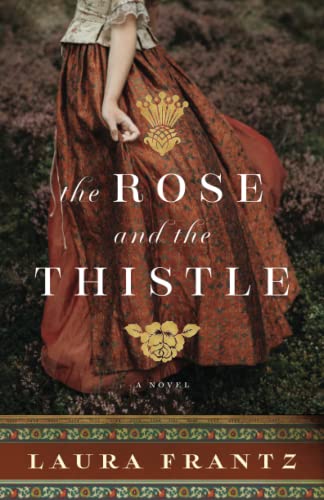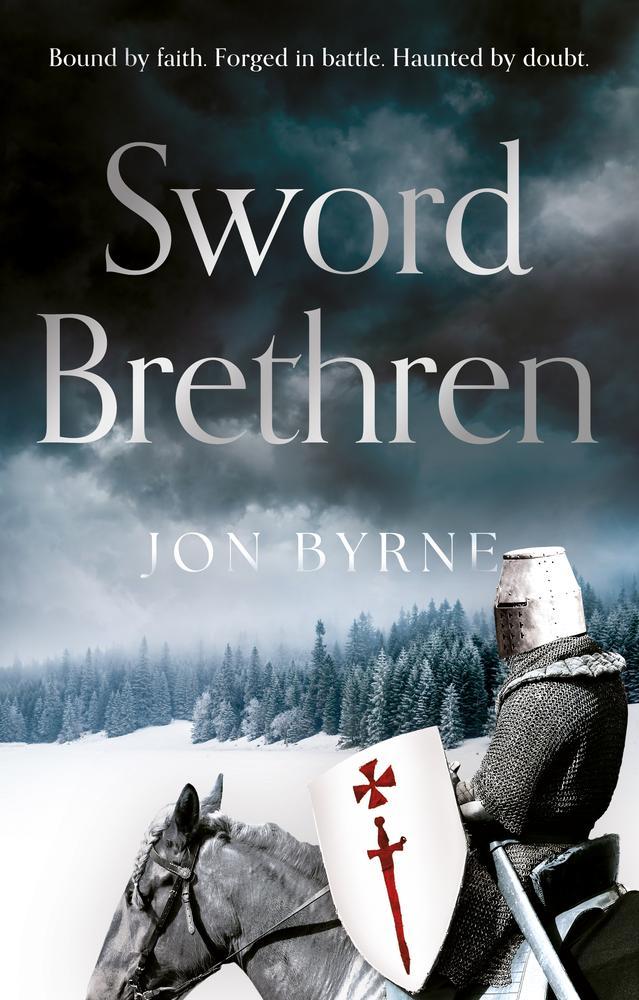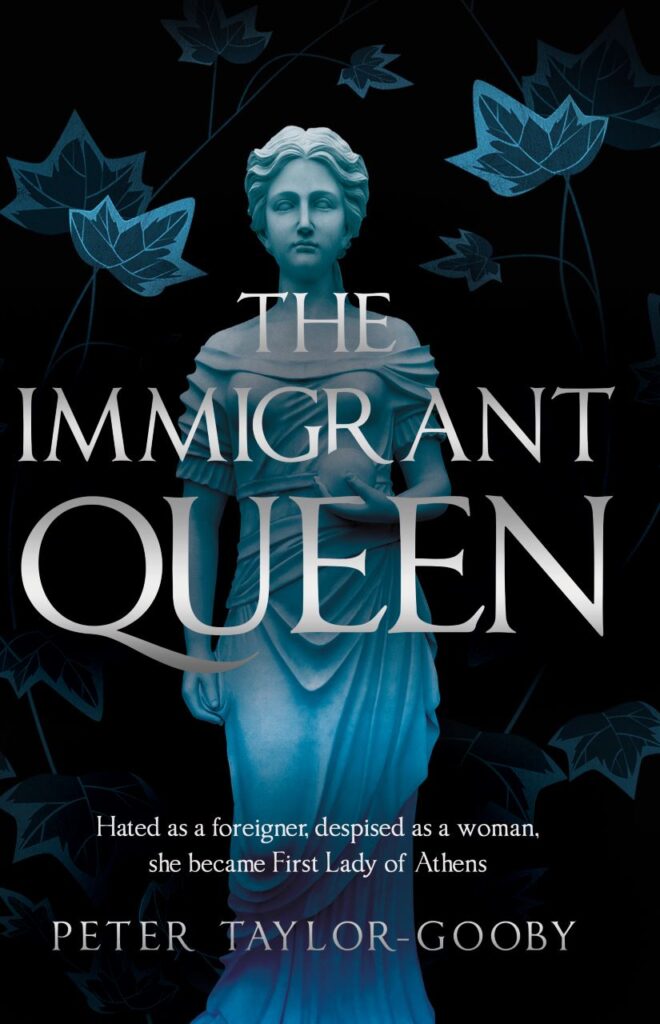The Rose and the Thistle
The lead-up to the 1715 Jacobite Rising is the backdrop to Frantz’s latest Scottish romance. We fall easily into her 18th-century world, set in and around Edinburgh, where the tall, handsome Everard Hume, Duke of Wedderburn, and the willowy Blythe Hedley find romance more by accident than by design.
When their Northumbrian castle is attacked by an enraged mob, Blythe and her lady’s companion are secreted away at dead of night by her staunch Jacobite father, the Duke of Northumbria, to Wedderburn castle in the Scottish Lowlands. The Humes are mourning the recent demise of the old duke, and his heir, Everard, is far from pleased to have a Catholic Jacobite billeted upon his Protestant household (himself and five delightful brothers). However, Blythe is the late duke’s goddaughter, and Everard has a moral obligation to see to her safety.
Frantz does a terrific job of setting the scene, using Scottish dialect and employing archaic terms such as ‘milord’, ‘sennight’, and ‘auld’ to maintain the 18th-century flavour. This works well, and the descriptive detail is spot on, including interesting details about Scottish Lowland funeral customs. The year 1715 was a time of religious upheaval and dissention, when previously friendly families were suspicious of their neighbours. Everard is unsettled by having a known Jacobite under his roof and goes to great lengths to keep it secret, including from his brothers. This forms an integral part of the story, which peters out somewhat prematurely. David, Everard’s sixth and very wayward brother, comes and goes, and both his and Blythe’s father’s escapades might have been developed further. Several times I felt the tension mounting only to have the anticipated dilemma fade away. This is recommended as an enjoyable historical romance, but there was less of the broader picture of the historical times than I would have liked.










